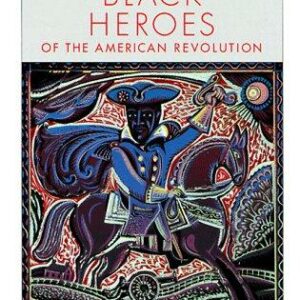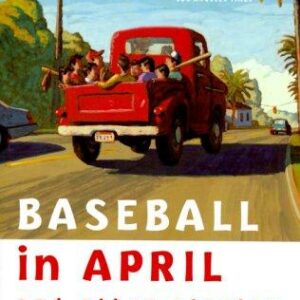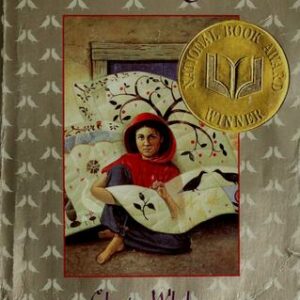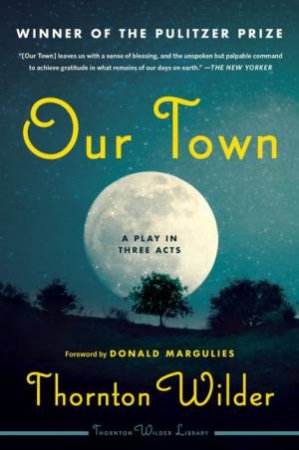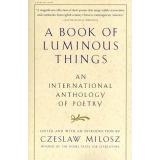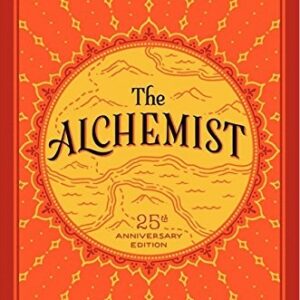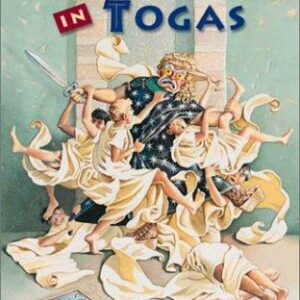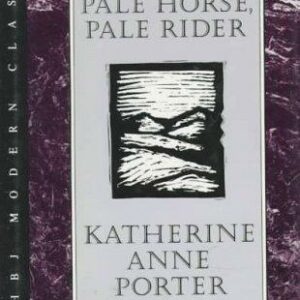War: How Conflict Shaped Us
$35.00
| Title | Range | Discount |
|---|---|---|
| Trade Discount | 5 + | 25% |
- Description
- Additional information
Description
NATIONAL BESTSELLERSHORTLISTED for the 2021 Lionel Gelber PrizeThoughtful and brilliant insights into the very nature of war–from the ancient Greeks to modern times–from world-renowned historian Margaret MacMillan. War–its imprint in our lives and our memories–is all around us, from the metaphors we use to the names on our maps. As books, movies, and television series show, we are drawn to the history and depiction of war. Yet we nevertheless like to think of war as an aberration, as the breakdown of the normal state of peace. This is comforting but wrong. War is woven into the fabric of human civilization.
In this sweeping new book, international bestselling author and historian Margaret MacMillan analyzes the tangled history of war and society and our complicated feelings towards it and towards those who fight. It explores the ways in which changes in society have affected the nature of war and how in turn wars have changed the societies that fight them, including the ways in which women have been both participants in and the objects of war.
MacMillan’s new book contains many revelations, such as war has often been good for science and innovation and in the 20th century it did much for the position of women in many societies. But throughout, it forces the reader to reflect on the ways in which war is so intertwined with society, and the myriad reasons we fight. A NATIONAL BESTSELLER
One of:
The New York Times Ten Best Books of 2020
The Globe and Mail’s “100 favourite books of 2020”
CBC’s “best Canadian nonfiction of 2020”Praise for War: How Conflict Shaped Us:
“War: How Conflict Shaped Us [is a] richly eclectic discussion of how culture and society have been molded by warfare throughout history. . . . MacMillan writes with enormous ease, and practically every page of this book is interesting, even entertaining. . . . The greatest pleasures of this book are the historical anecdotes, moments and quotations that MacMillan marshals on nearly every page to illustrate her points. They are bold, arresting and various, and they make the book come alive.”
—The New York Times“War: How Conflict Shaped Us is a publishing event. . . . It is a tour d’horizon of war that is a tour de force of historical achievement, and in its pages is the product of a master of history at work. It is not the chronicle of any one conflict but the distillation of many. It offers not one lesson of strategy or statecraft but the lessons of scores of attempts to prevent, to prosecute or to prevail in war.”
—The Globe and Mail
“[P]owerful.”
—Quill & Quire“Margaret Macmillan has produced another seminal work. War: How Conflict Shaped Us deepens and broadens our knowledge of war and warfare. And in doing so it deepens our understanding of humanity. No other author could have synthesized history across time without oversimplification or shown readers the subject from myriad perspectives in such a coherent manner. She is right that we must, more than ever, think about war. And she has shown us how in this brilliant, elegantly written book.”
—H.R. McMaster, author of Dereliction of Duty and Battlegrounds: The Fight to Defend the Free World
“Only a historian with MacMillan’s comprehensive knowledge, command of sources, clarity of thought, and artful writing could succeed so brilliantly with one volume on this sweeping topic.”
—Robert B. Zoellick, former president of the World Bank, U.S. trade representative, and U.S. deputy secretary of state
“This important book teaches us to realize the impressive way in which war invades every aspect of our society. Read and learn.”
—George Shultz, former U.S. secretary of state
“War is awful but somehow alluring, dreaded but too often welcomed. On these pages, with her vast gifts as a historian and storyteller, Margaret MacMillan explains why.”
—Evan Thomas, journalist and historian, author of Sea of Thunder and Ike’s Bluff
“A foremost historian explores one of the central forces of human history. This readable and convincing work is yet another tour de force from Margaret MacMillan!”
—Joseph S. Nye, Jr., Harvard University Distinguished Service Professor, Emeritus, author of Do Morals Matter? Presidents and Foreign Policy from FDR to Trump“War: How Conflict Shaped Us distills a career and lifetime of thinking about war’s significance and legacy, from its origins through our attempts to ‘control the uncontrollable’ to its place in our imagination and memory.”
—Maclean’s“In nine thoughtful chapters . . . MacMillan tackles broad issues such as the reasons nations go to war, the cult of the warrior, the effect of war on civilians and on women, efforts (barely two centuries old) to make laws for war, and its influence on art, literature, and national memories. An insightful and disturbing study of war as an aspect of culture.”
—Kirkus Reviews“[A] hugely readable chronicle of conflict. . . . [In War,] MacMillan cogently explains via colourful historical anecdotes how understanding war means we can also understand our emotions, our ideas and our capacity for good—as well as for cruelty.”
—The Guardian
“MacMillan is able to bring the story of war up to date with the latest historical research as well as nods toward the future of war in space and cyberspace.”
—Toronto Star
“[A] concise, vividly compelling analysis of humankind’s ambivalent relationship with war. . . [and a] remarkable book that MacMillan is uniquely qualified to write. . . this is a hard book to put down.”
—Anthony Wilson-Smith, Policy Magazine Margaret MacMillan received her PhD from Oxford University and is now a professor of international history at Oxford, where she is also the warden of St. Antony’s College. She is a fellow of the Royal Society of Literature; a senior fellow of Massey College, University of Toronto; and an honorary fellow of Trinity College, University of Toronto, and of St. Hilda’s College, Oxford University. Her published works include The War That Ended Peace: The Road to 1914, a New York Times Notable Book; Dangerous Games: The Uses and Abuses of History; Nixon and Mao: The Week That Changed the World; Women of the Raj: The Mothers, Wives, and Daughters of the British Empire in India; and Paris 1919: Six Months That Changed the World, which won the Samuel Johnson Prize, the PEN Hessell-Tiltman Prize, and the Duff Cooper Prize and was a New York Times Editors’ Choice. US
Additional information
| Weight | 1 oz |
|---|---|
| Dimensions | 1 × 6 × 10 in |


